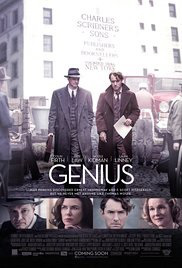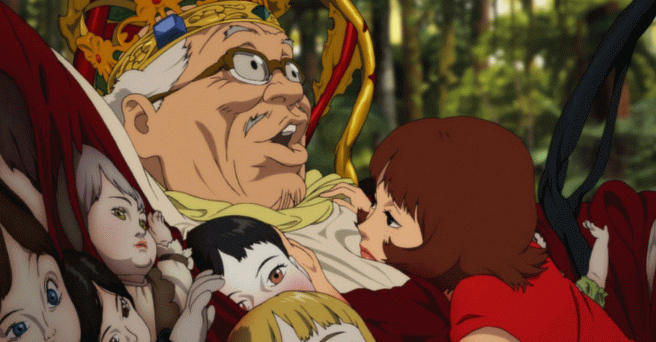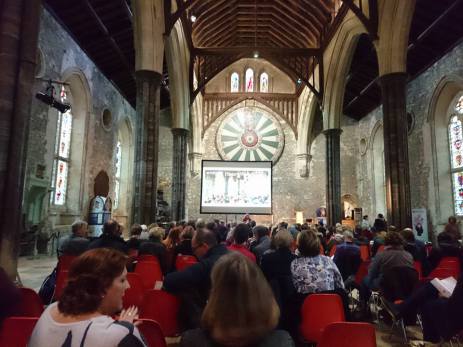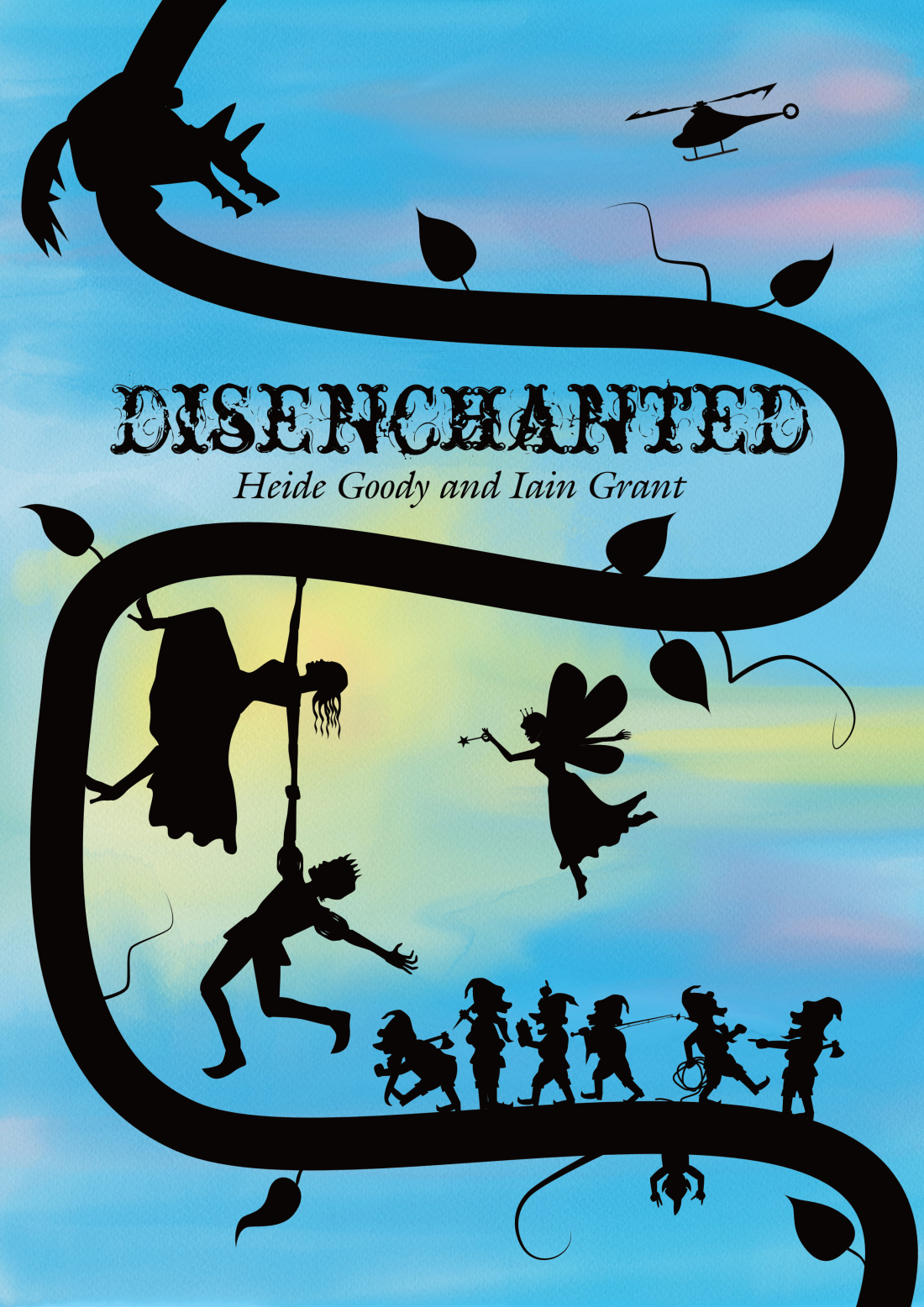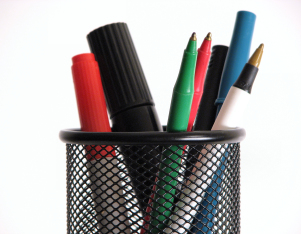Recently, I read Kathryn Stockett’s The Help as a bit of light reading to kick off my maternity leave. It only took a few days and several man hours to get through the 444-page piece. Here are my thoughts and ideas about the piece.
For starters, I know that this book was adapted into a movie (starring Emma Stone), and received generally favorable response (an 8.1 rating on IMDB, and 75% on Rotten Tomatoes just to name some), but I have not actually seen that movie and from what I’ve seen of the trailers, several liberties seemed to have been taken with the story. As such, my commentary on The Help will be isolated to just what I’ve consumed of it: the novel.
First, a bit of background. The Help is Kathryn Stockett’s slightly controversial (though also very well-received — 4.45 rating on GoodReads!) fictionalized account of Jim Crow-era Mississippi, and the lives and experiences of household help in these times. It was (is?) “controversial” because it’s stories of black America, from a very difficult time in history, written by a white woman. Not only that, but the story itself revolves around how a white woman (Eugenia “Skeeter” Phelan) is instrumental to telling these black women’s stories. See this piece by Teen Vogue on Hollywood and the White Savior Complex as an extension of colonialism — I know the article is about movies, but it remains relevant to the critiques on this particular novel.
So, the story goes, fresh-out-of-college from Ole Miss, Skeeter Phelan comes home to her little town of Jackson, Mississippi, with big dreams to become a writer one day. As she readjusts to life back home with her overbearing mother (whom she constantly worries of disappointing), troubled love life (or lack thereof), and uppity society friends (buttoned up, wedded Tatler types with babies, and maids, and political affiliations); she also finds herself struggling with the unexplained loss of Constantine (the maid who raised her, whose disappearance right before her return from college no one will speak with her about), and what can only be described as some kind of reverse culture shock. (Even though it’s hard to believe things were so different at Ole Miss than at home in Jackson, it’s easy to see from Skeeter’s interest in banned authors, literature, and the news, that she may herself have experienced a little broadening of horizons whilst away at university.) It’s established very early on in the story that Skeeter loved Constantine, and that her family takes good care of their help – with her father being an honest, good man who treats his “colored employ” humanely. And when Skeeter’s childhood best friend, Hilly Hollbrook (our resident Southern gothic antagonist), announces the beginnings of her Home Health Sanitation Initiative (a bill to ensure all homes have a special out-house for their colored help to do their business in, rather than allowing them to use any of the bathrooms inside the house), Skeeter begins to question the state of things in her town. She wonders, what if things were different? And naively embarks on a journey to interview and tell the stories of a dozen maids in her town — “good stories and bad stories” about living, loving, and working for white families. These stories are painful at times (tales of abuse, racism, lies, and betrayal), but also sweet (memories of raising white kids to be decent human beings, of employers with good [big] hearts who provide housing and scholarships, etc); and are wholly human.
The book focuses specifically on 3 characters: Aibileen (nanny and helper at Skeeter’s other best friend – Elizabeth Leefolt’s home), Minny (the former maid at Miss Hilly’s mother’s, and well-known around town for her sharp tongue, abrasiveness, and knack in the kitchen), and Skeeter (of course). Although the novel kicks off in the perspective of the maids, you still get the sense that Skeeter is the central character (the glue to the story), and it is her perspective that reads most clearly and honestly than any other. Even though each character gets pretty much the same “page-time”. Perhaps this is because the writer herself was white and couldn’t quite get too deep into the heart of the perspectives of Aibileen and Minny; and because a lot of the novel was informed by Stockett’s own Southern upbringing.
In all, the book is an interesting glimpse into life in the South in the early 60’s, but its limited perspective keeps it from crossing a threshold from “fun to read” to “great work.” I was also disappointed that Stockett could have done a lot with the material, but didn’t seem to go further than her own experience and/or comfort zone. I’d give it a 6.5/10 (or on good reads, a 3.25/5) and recommend it to those interested in historical fiction, but with a trigger warning/cautionary note to anyone who might find the perspective skewed, the nuances lacking, and the fury expected (and rightly demanded) over these types of discussions decidedly underwhelming.
If you are interested in my own reflections on the topics explored in the book, feel free to proceed and read some of my additional ideas below but be forewarned that from here on in there will be spoilers!
Some thoughts on The Help:
- It was a nice effort to write the chapters in multiple characters’ perspectives, but because she never was and never will be a black maid in early 60’s Mississippi, Aibileen and Minny were flatter than Skeeter and their stories left a feeling of “lack” behind them (like we should know more or feel more)
- As someone with limited knowledge of the Jim Crow laws, and times of segregation (only knowing as much as movies have told me), the everyday aggressions present in the book were revealing. My grandparents lived and grew up in the US even before integration was a thing, and they never told me any stories of segregation or discrimination. Although they lived in more progressive states (New York and Pennsylvania), it’s still shocking to me that around the time right after my grandfather was doing his MBA in Wharton, bathroom laws and colored hospitals and more were still a very real thing – especially in the Southern states
- I found Skeeter’s approach to the situation believable. She starts off very naive thinking she’s doing something to help. She realizes somewhere along the way that there’s a lot more at stake for these colored maids than just a little help getting their stories out there. Yet, [spoiler alert] Skeeter never really moves past just being a sounding board and storyteller. She doesn’t make a leap from “let’s build awareness” to “let’s change laws, change the status quo, etc”. I found that to be realistic in that there was an acknowledgment there that this one white woman: 1) wasn’t going to change everything and save everyone, and, 2) maybe she didn’t even want to really (she comes off as one of those “it’s not up to me, I’m just doing what I can with what I’m good at” type of “allies”)
- Mostly though, I feel Stockett had a good opportunity with this novel to say something of substance and provide social commentary even on what’s happening today but that doesn’t really shine through in the story. It feels very contained to the storyline it commits itself to, and does not really offer ideas on resolution, justice, etc. You get the feeling that Skeeter herself, in the end, knows what she’s done is not enough. Yes, she used her privilege positively, but then off she goes to her dream job in New York, and the maids back home are all mighty grateful that’s she’s been such a help, and is “family” to them, and they’re ok, they “can take care of themselves now.” It isn’t the “take care of themselves” bit that bothers me – cause of course they can, it’s more the bit about Skeeter clearly knowing she could do more, but there being no continuity from there — at least, from the ending, Stockett leaves it without indication that Skeeter will take anything further. It’s kind of like she took a step out of her comfort zone, was like “oooh”, then stepped back in
- The book was useful to me as a reminder of both “how far the US has come”, as well as how little progress has been made in equality — not just in the US, mind you, but all over the world. When you think about how the help in this book are treated, if you live and work in Southeast Asia, you can’t deny that this is still going on today. Not on the basis of skin color, no, but certainly there’s a very clear divide here too. And, of course, don’t even get me started on the recent goings-on in America. As I was reading the book, it seemed to me that that’s the direction a lot of Trump and his supporters would like the country to go back to. The irony was near painful
- I think the biggest thing I got out of reading the book was a lot of introspection. I was reminded of just how common it is, having grown up in Southeast Asia, to take the help for granted, and sometimes even spurn them or dehumanize them. I wrote about this a while back (some time last year) in the post: On Helping Hands and How We Hold Them. But really, it’s worth noting again: I’ve spoken to many moms and wives in Jakarta (I say moms and wives because that’s literally the specific demographic of people I have had these discussions with, not saying this to stereotype because I know men manage households too), and I feel I’ve heard everything at this point — good and bad. I’ve met families who pay their help a pittance, who say things like “don’t let your nanny go to the playground alone with your kid because that’s where they get to talking with other nannies and compare salaries/days off/benefits/etc”, who have told me point blank that “help these days expect weekends and public holidays off — they are so spoiled.” I’ve heard talk of “Mommy Mafias” (though haven’t met them myself), which makes it sound like a group colluding to artificially control market rates for domestic help. It’s crazy to me the lengths people will go to maintain an imbalanced status quo that already favors them. And while I was thinking on all these things, I found myself asking: do I know people who wouldn’t let their helpers use their bathroom in the house? And if I did, what would I do about it? There were moments throughout the book I felt decidedly like Skeeter Phelan: like I’m happy to spread awareness, speak out, but is that enough? Or is there more?
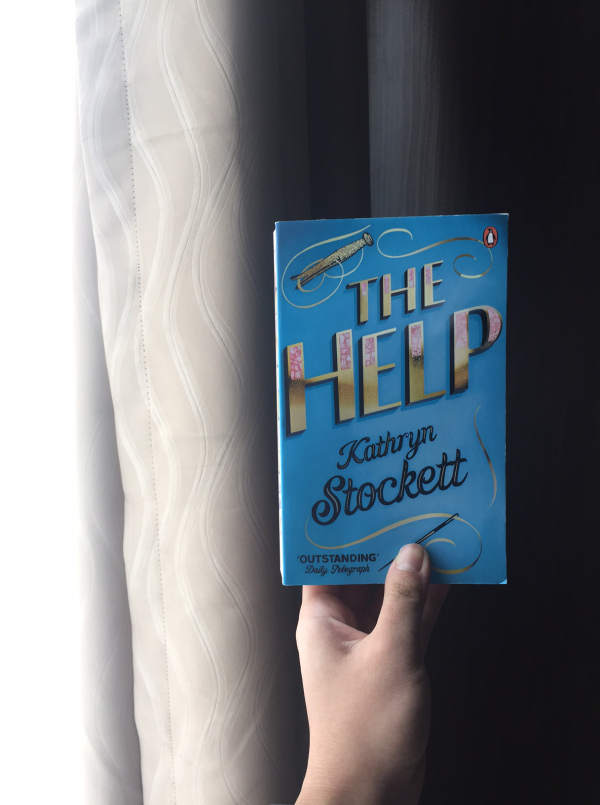
Share this:

